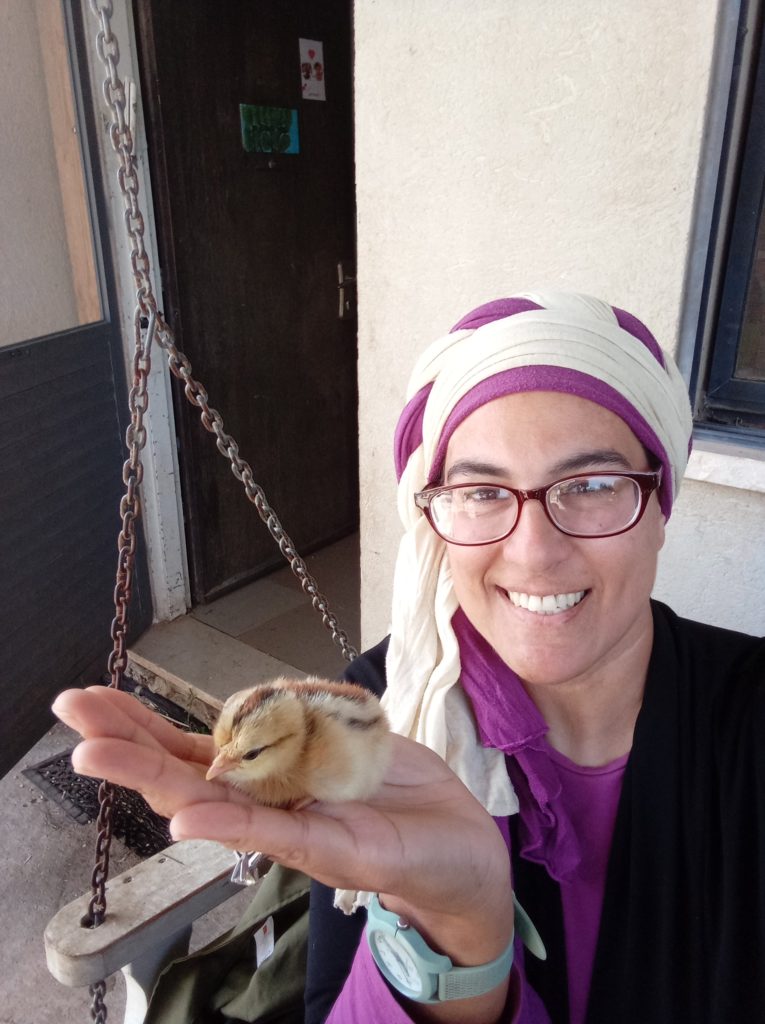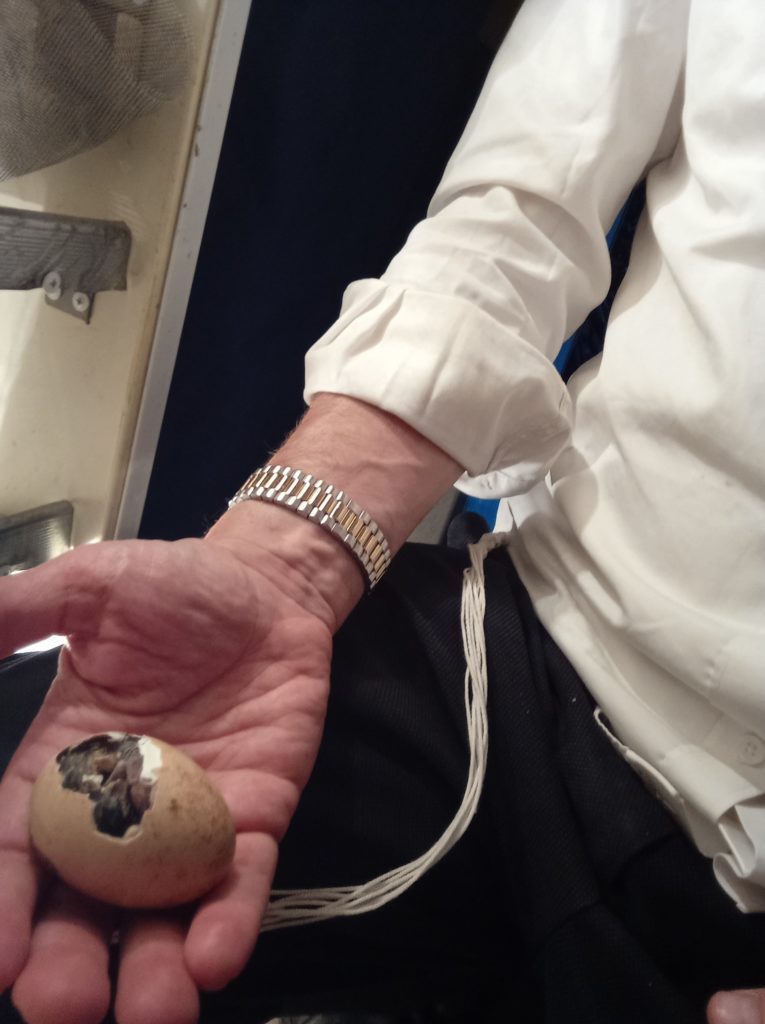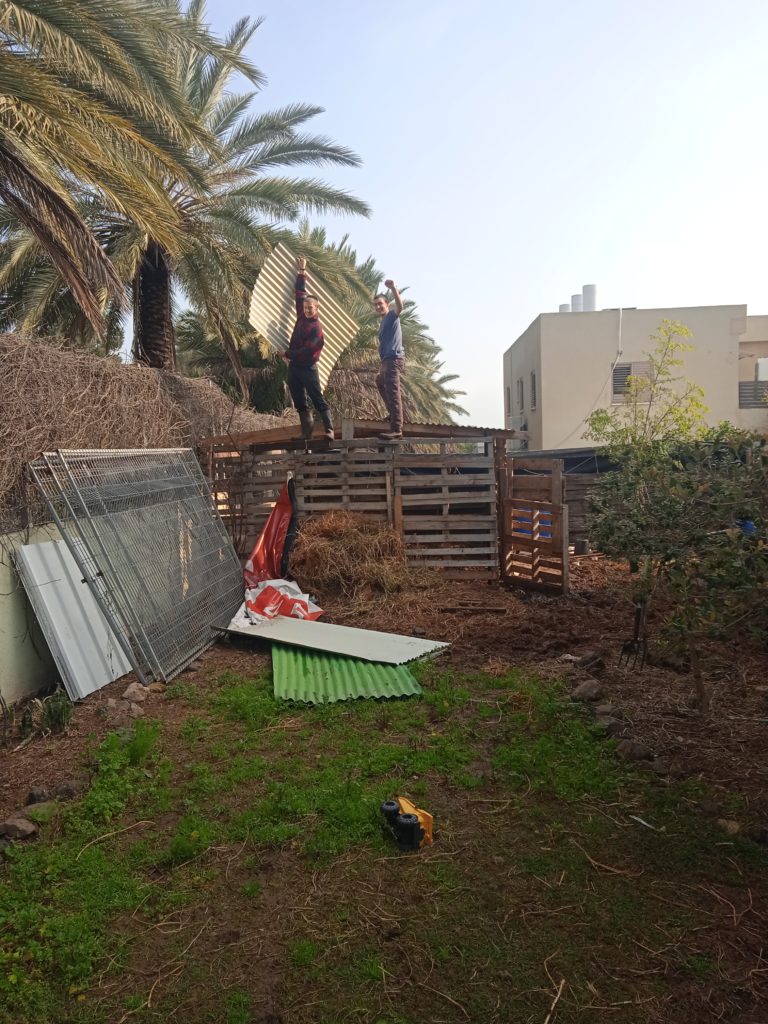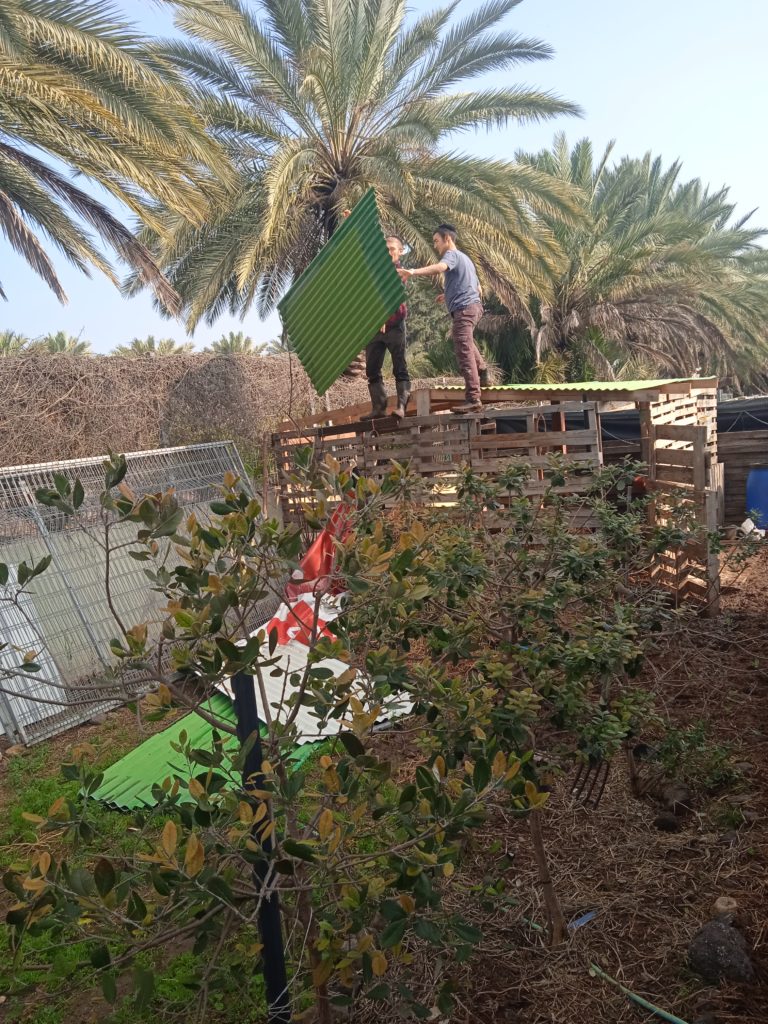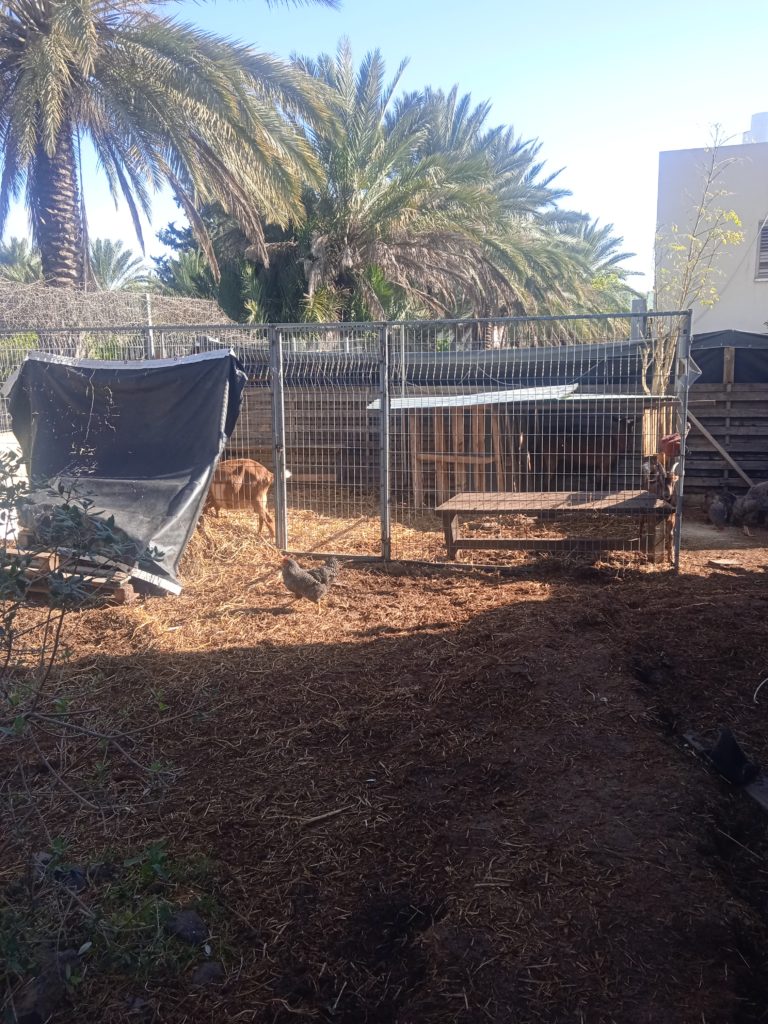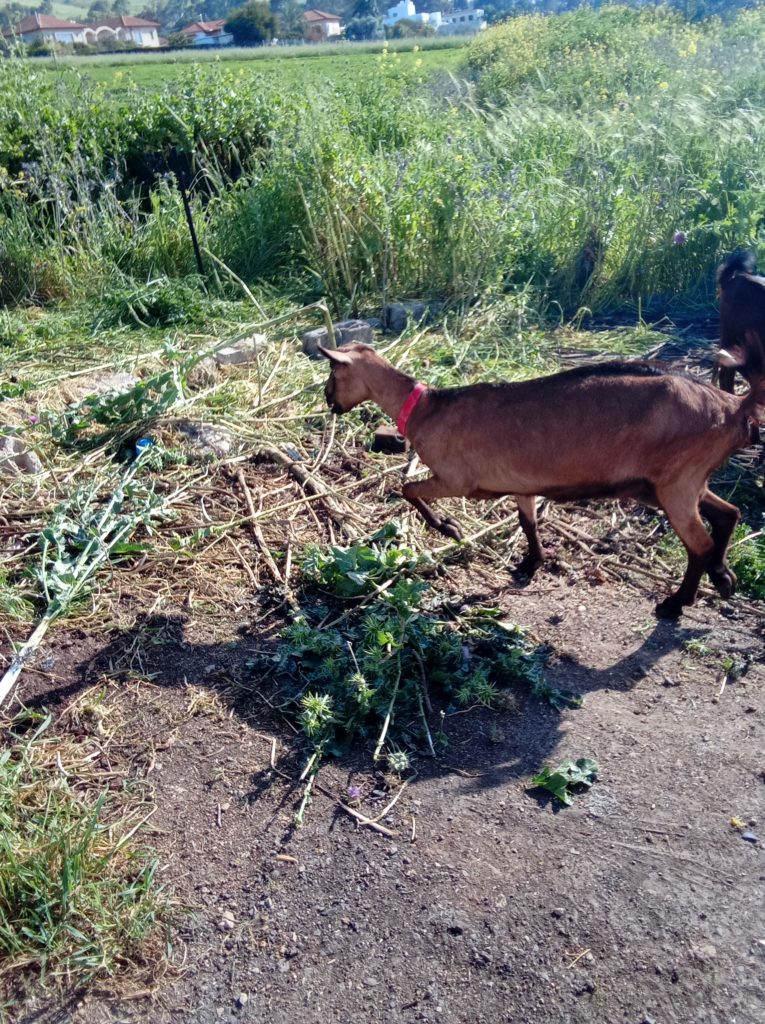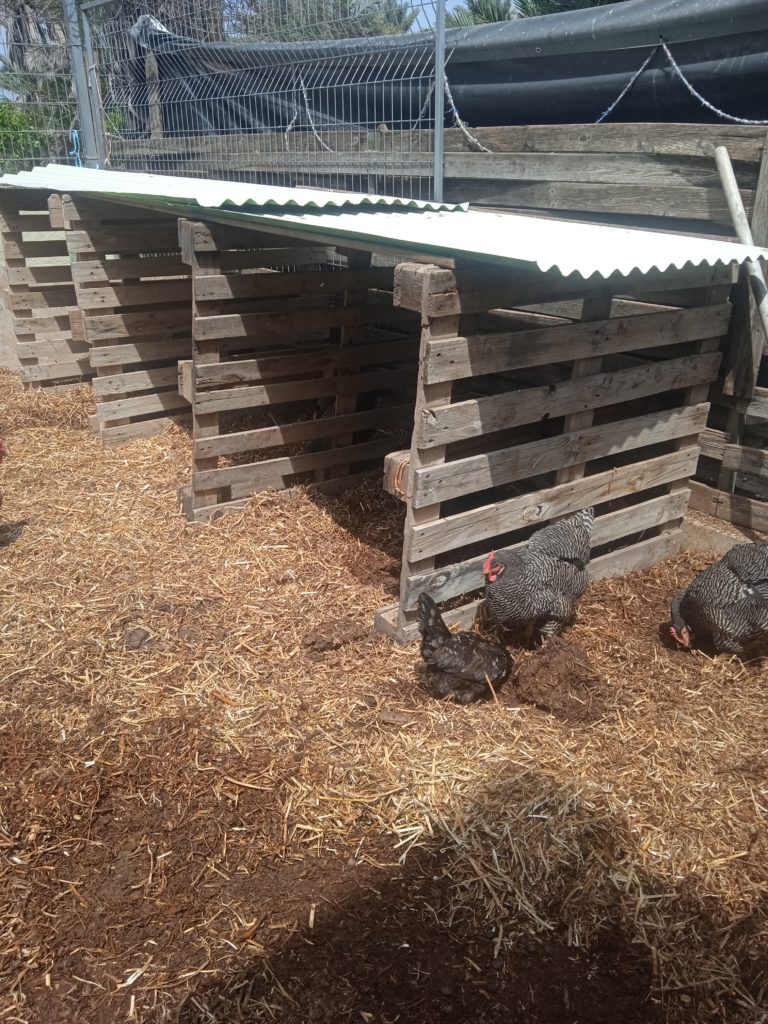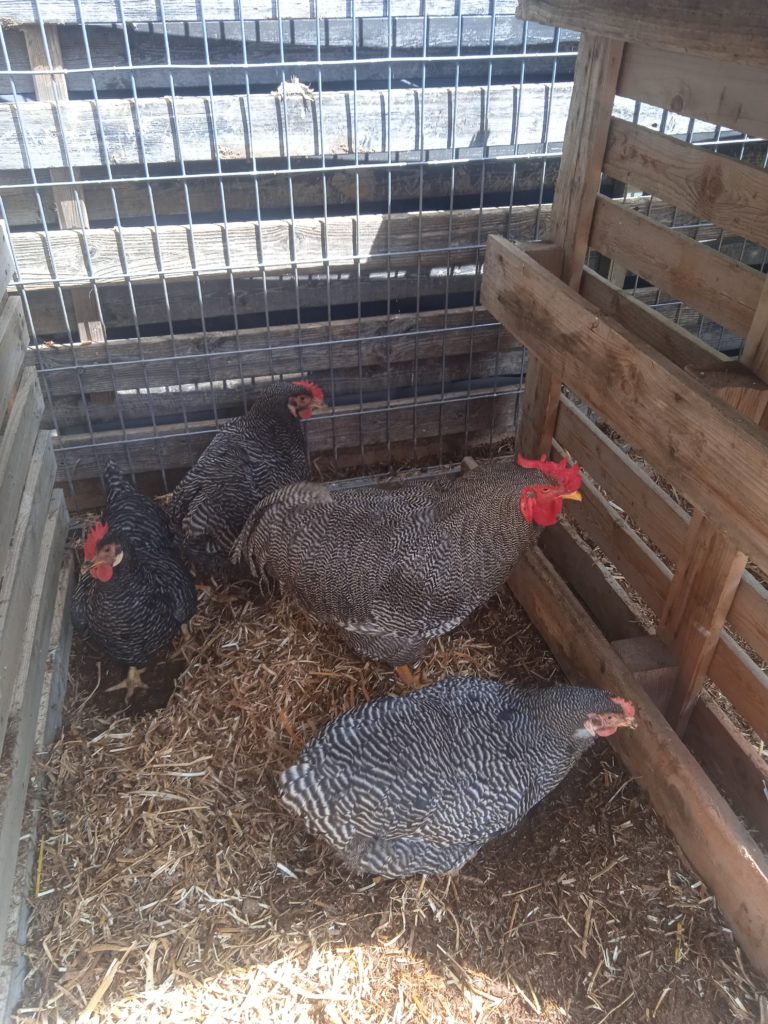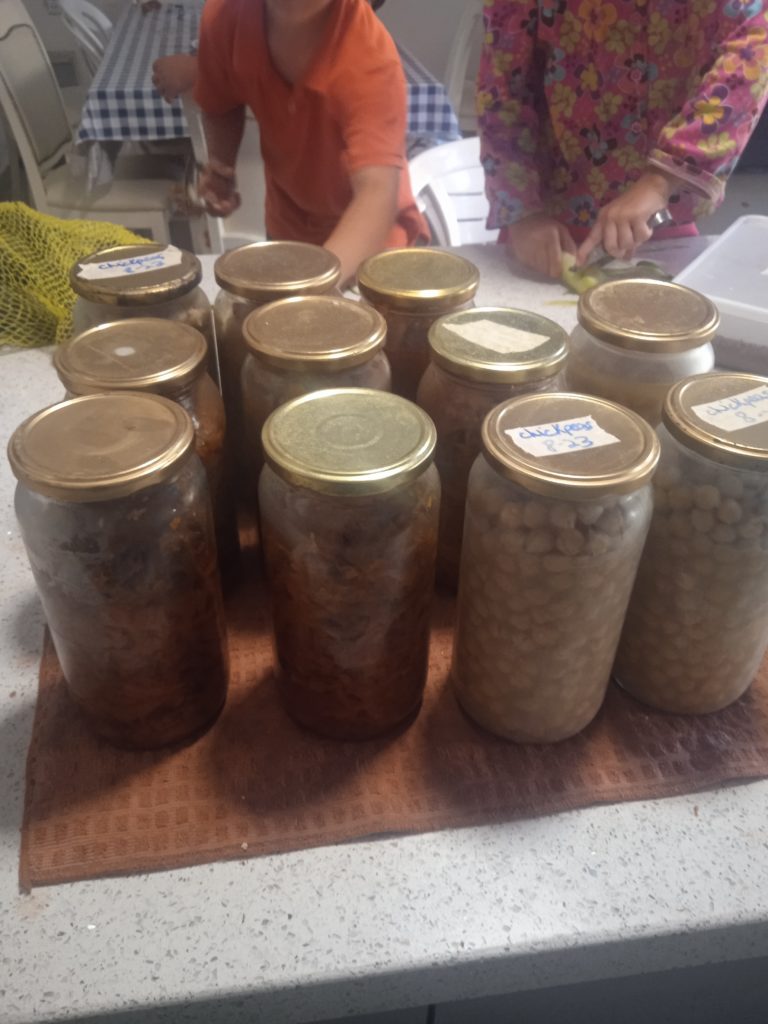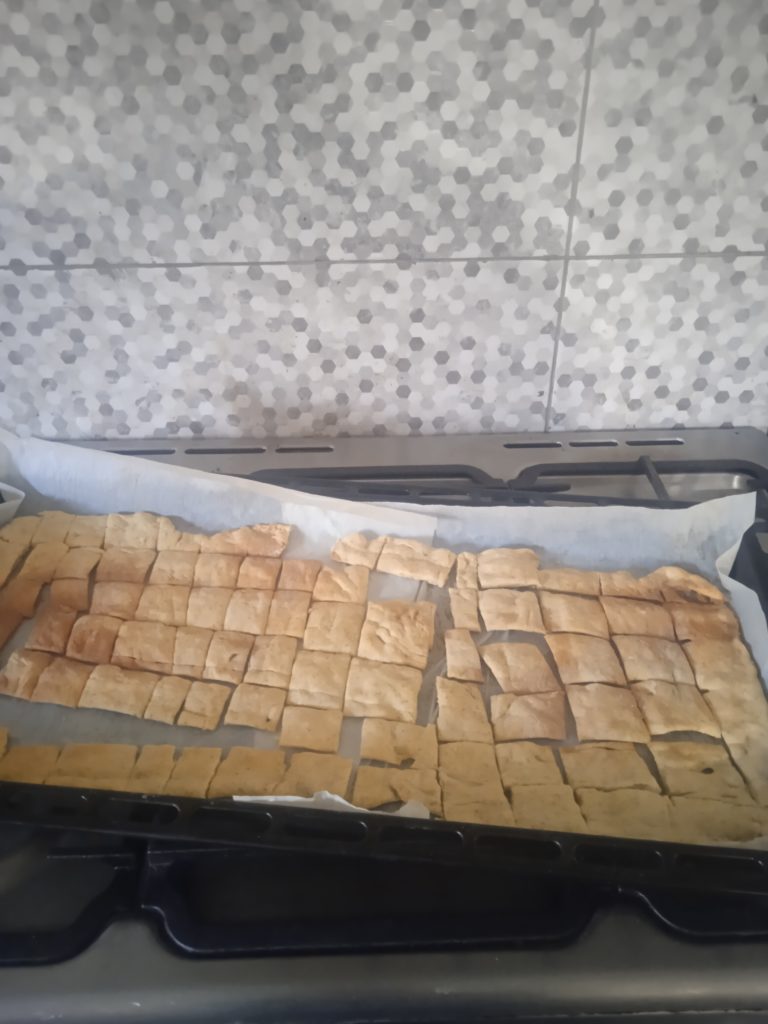On Shabbos I saw someone who upon learning that our daughter’s wedding was two weeks away, exclaimed, “I can’t believe it! How can you look so relaxed when the wedding is so close?”
Thankfully, I’ve been blessed with the ability to compartmentalize and mentally and practically break down big projects into doable steps, and when I do that, things feel very manageable.
Last week I was feeling uncertainty regarding specifics for the Shabbos sheva brachos that we will be hosting. On Wednesday or Thursday I decided where we’ll have the meals and worked out where all our guests would stay. It was a relief to have that finalized in my mind; I had been going back and forth and was mentally feeling worn down by the uncertainty.
Since I’ll be doing all the cooking and baking, I asked my husband to pick up a used freezer from a private seller on his way home from work, which he did on Thursday night. Having the ability to prepare some of the foods in advance will be helpful. Even if I don’t make anything ahead of time, just knowing that it’s a possibility is reassuring!
I made and canned pickled peppers so they’re ready and shelf stable, and am considering making some other pickled salads/relishes that can be made and canned in advance.
I made pickled tilapia for the first time this fall, and our family has liked it a lot. I’m planning to serve it for the third sheva brachos meal, so started a batch a few days ago. Since it’s a ten day process to make it, you have to think ahead if you want to have it. It’s worth making a large batch since it keeps in the fridge for weeks.
**********************
I need to take two of our boys to buy new suits, but otherwise I think we’re set as far as wedding clothing. I did all the other shopping online and was very satisfied with how easy and affordable that was. Time is precious and I’m so glad I didn’t have to run around trying on gowns as I have in the past. The challenge with shopping with the boys is that they’re on opposite schedules so I haven’t yet managed to get them coordinated for a shopping trip. At this point I’m thinking I’ll be better off taking them separately.
*********************
This week I had an evening of appreciation for mothers at the younger boys school. There was a full catered meal, a singer and a stand up comedian. It was nice to see other mothers, and I would have loved to have spoken with them more, but the volume of the dinner music being played made it difficult. I don’t like having to lip read. Nonetheless, the staff really invested in making it an enjoyable evening out and it was a lovely evening.
***************************
Later today I’ll be traveling to a Jordan valley farm to hear Joel Salatin speak. Joel is probably the world’s most famous regenerative farmer, and I’ve followed his work since we were living in the US. I was excited to see that the date he was speaking didn’t conflict with the week of the wedding. It will be two hours of driving and then three hours for the lecture, but I’m really looking forward to it. I’m taking my thirteen and fifteen year old sons, in addition to giving a ride to a few women. My husband was planning to attend but decided that there’s a lot to do now and he doesn’t have the head space to dedicate that time. He’ll hear all about it from the boys and me in any case!
*********************
Tomorrow morning I have a Zoom call scheduled with several foster care social workers. We were very tentatively approached at the beginning of the week about taking a foster child in. He and a sibling need a new placement; a family in Yavneel agreed to take the sibling, so they’re looking for another Yavneel family to take him to facilitate the continued connection of the siblings. My first reaction was absolutely not, it’s just too busy right now with the wedding in a week and a half, then Shabbos sheva brachos, the two days later is Purim, then preparations for Pesach, then tons of hosting for Pesach.
We haven’t ever requested additional foster placements but when something comes to me, I ask myself what Hashem wants of me, and try not to discount something just because the thought of all the effort is daunting. I spent a good bit of time on the phone yesterday with our social worker, wanting to understand what is involved with therapeutic foster care. It’s a very different scenario than what we’ve dealt with in the past. Right now we’re exploring what’s involved, and not ready to make a commitment of any sort yet.
Years ago when I was developing the systematic steps of the Leadership Parenting approach, I integrated what I learned from the work of Dr. Karyn Purvis, whose expertise is on parenting foster and adoptive children (this was prior to me even considering fostering). I loved her work so much (even more than Dr. Gordon Neufeld, who I’ve referenced more than once and who has had a major influence on my thinking about parenting) that I seriously thought about traveling to Texas to study with her personally. Sadly, she passed away before that happened. I was very inspired by her deep respect and understanding of children from ‘hard places’, as she calls them. Thanks to her teachings, I have a decent understanding of the post trauma issues these children deal with. Without this I’d be too intimidated and overwhelmed to consider the possibility.
*******************************
For a very long time I’ve dreamed of restoring a piece of barren land using permaculture principles. I never could see how it would be possible, but Hashem is much bigger than I am and He has sent us the amazing opportunity to develop two or three dunam of agricultural land. I can’t say how bursting with happiness I am for the opportunity. We don’t have ownership of all the land but the owners have given us a lot of leeway to plant it as we see appropriate, and we’re making the investment in terms of labor and materials cost.
I’ve been spending a lot of time looking at the land, thinking, thinking, thinking about what to do, while learning about different permaculture strategies and considering how/where to apply them. It’s a lot of thinking right now about what the vision is, how the land will be used, etc, and I don’t yet have clarity on all of that.
We’ve spent the last month focusing on putting up fencing. I think in the next couple of days we (meaning my fifteen year old) can finish all the fencing. It’s been getting done here and there, whenever it worked out for both of us to go out there. Then this week my son made a big push to get it all done. He’s like me, he enjoys seeing significant progress being made and gets a little impatient when things are moving at a snail’s pace.
Once the fencing is done, what will be left to finish enclosing the property will be installing a large gate across the road that leads to the land. For weeks I’ve looked for a used gate of the right dimensions, and finally found one. I made arrangements for someone with a trailer to pick it up for us this evening. Then figuring out how to install tracks and supports will be a another learning project.
So that’s some of what’s going on this week!
Avivah

